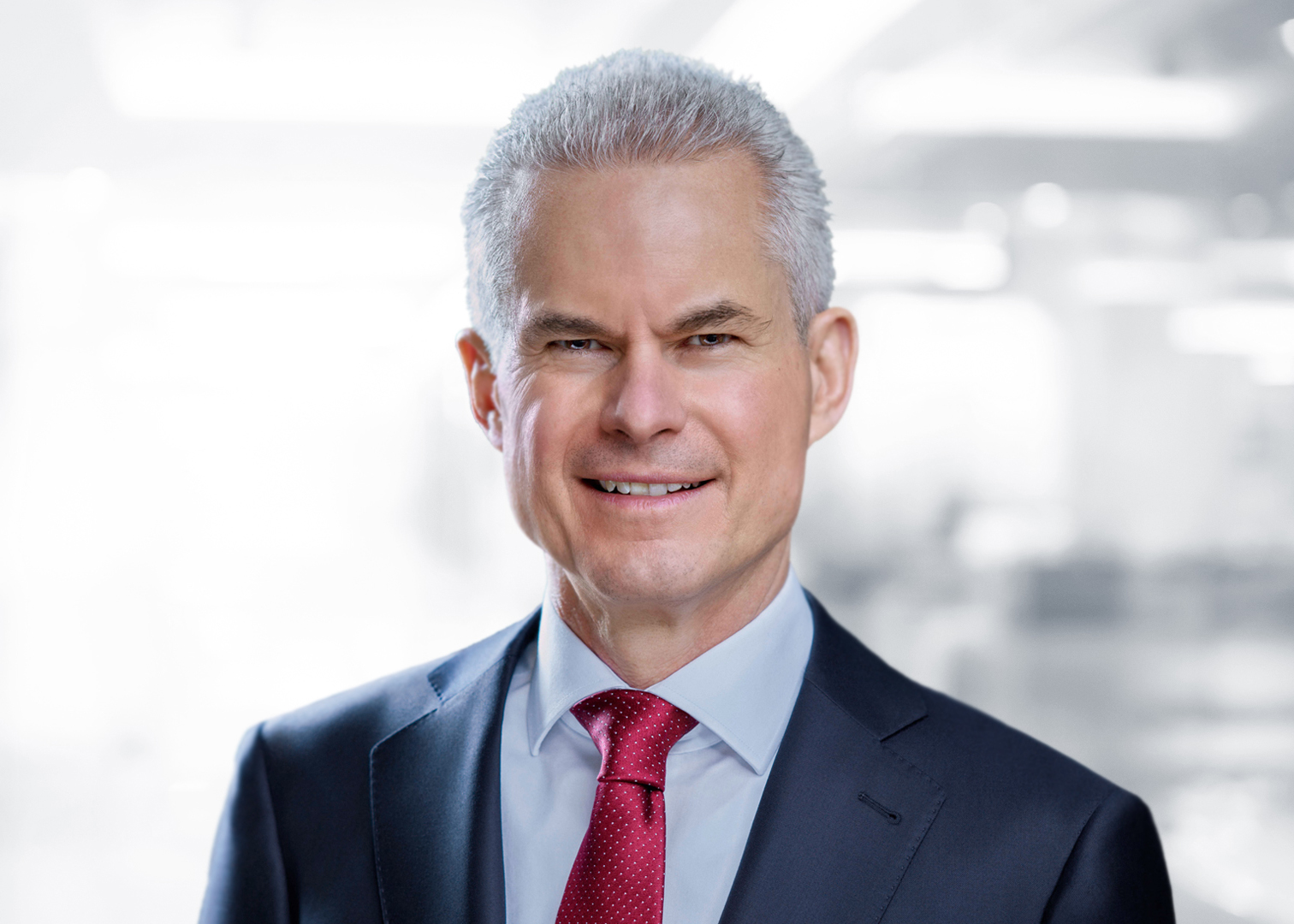A Matter of Perspectives

What exactly is a crisis? There is no shortage of definitions. But essentially a crisis is an extremely difficult situation. It is what polar explorer Ernest Shackleton found himself in on October 27, 1915, when his expedition ship was crushed by pack ice in the Antarctic. Shackleton and his twenty-seven-member crew were then adrift on a fragile ice floe. Far from civilization, and 1,500 kilometers from the closest whaling station on South Georgia Island. For the conditions of the time, that was considerably more than a crisis. Actually, it was a hopeless situation. But Shackleton held on for eight months and saved every member of his team (see the report in this issue). Hope alone would not have helped. He developed a plan. A careful examination of the critical situation yielded perspectives. He looked ahead to develop a vision, broadened his horizons with a spectrum of possibilities, and applied insight to spot opportunities.
Presumably this level-headed polar explorer was acting intuitively. At any rate, he did everything right. He remained optimistic, immediately began searching for opportunities, assessed the available resources, took responsibility, motivated others, provided direction, and had a clear perception of his team members’ strengths and weaknesses. He could therefore inspire a deep level of trust and give everyone the sense that “we’ll handle this together.” That in turn unleashed an enormous degree of volition and strengthened the solidarity needed to survive.
More than a century later this historical account is still good material for a course in leadership. Why? Because profound crises like the Covid-19 pandemic and their direct effects can leave us rudderless and unprepared. Yet that need not be the case. The key is to find the right way to view the situation. What is needed is effective leadership that can generate perspectives. And once the course has been set, action should follow—as it was the case with Shackleton. This can also be seen in how some farsighted individuals have responded to the pandemic. We feature some of them in this issue of the magazine.
Granarolo, an Italian producer of dairy goods, accelerated its digital business into the fast lane. It could then supply crucial groceries to end customers in Italy who ordered them online—particularly important during the lockdown phase. Direct contact between the company and consumers also struck an emotional chord. The unstated message of “we’ll always be there for you” reflected both insight and responsibility.
Assuming greater responsibility and broadening our spectrum of options enable us to better prepare for critical situations. Dr. Tanja Becker, a long-haul airline pilot, wants to see more of this in the business community. She advises top managers to train regularly for making decisions in critical situations, following the model of pilots who cannot afford to make any mistakes in stressful circumstances.
The only way to deal with some crisis situations might be to take a radically different approach. That requires precise analysis of the prospects for a new vision. This is especially striking in the case of airlines and airports. After recently pushing the limits of their capacities, their businesses came to a standstill overnight. And it soon became clear that even when we get the pandemic under control, things will not be same as before. The passenger aviation sector needs to be redefined. The best way to craft a vision is to ask the passengers themselves how their attitudes toward flying have changed, and what their expectations are as customers. Their responses can lead to the creation of completely new products and services, with an emphasis on quality, and a focus on people. Both in the air and on the ground.
Many things have also changed for us as consultants, of course. We have addressed these changes, and would like to share our responses with you with the help of this magazine. It is the first issue to appear solely in digital form—which enables us to reach you faster and more immediately wherever you are in the world in the present situation.
May you find many intriguing insights and good ideas as you read this twenty-first issue of our magazine.

